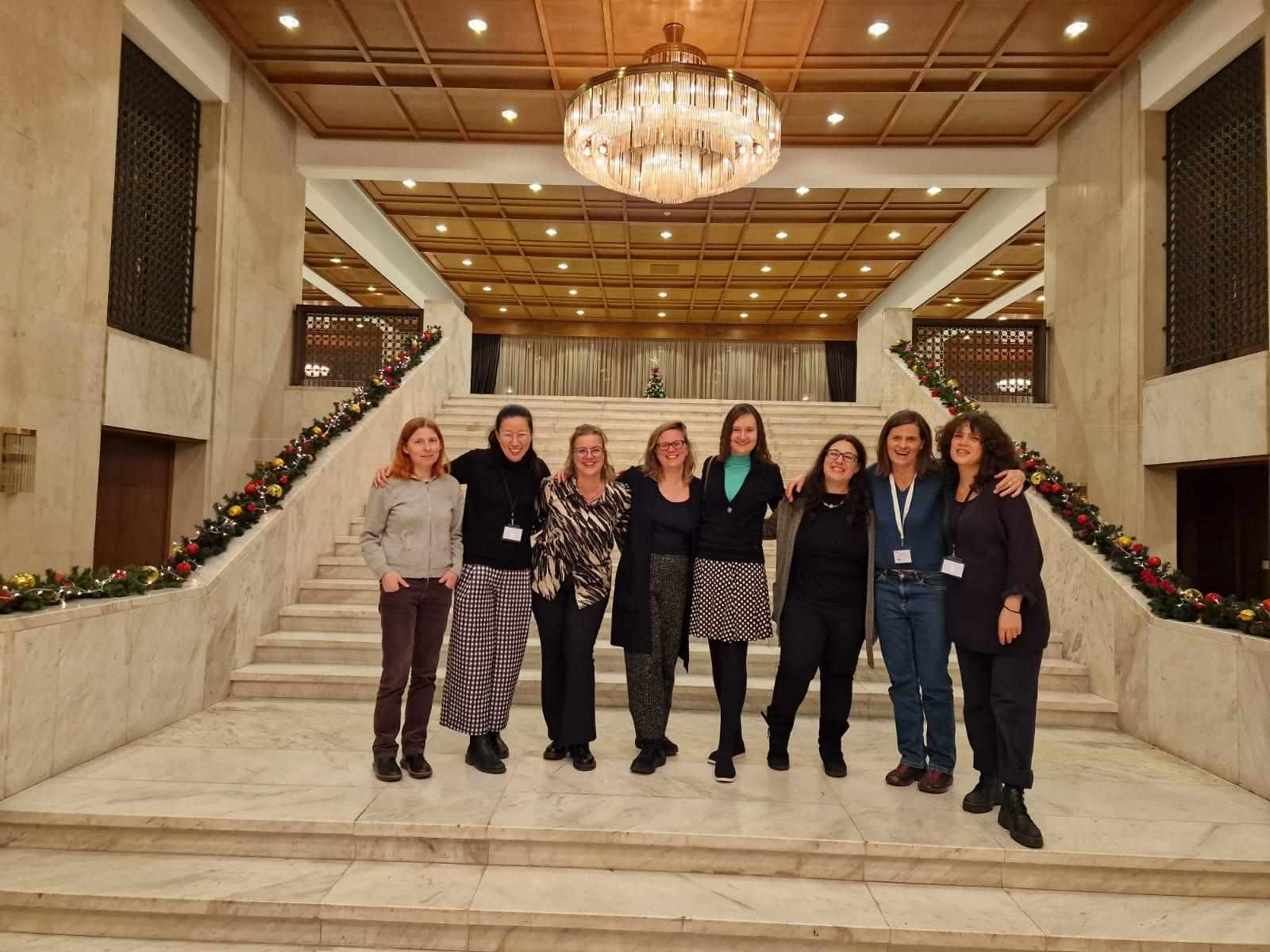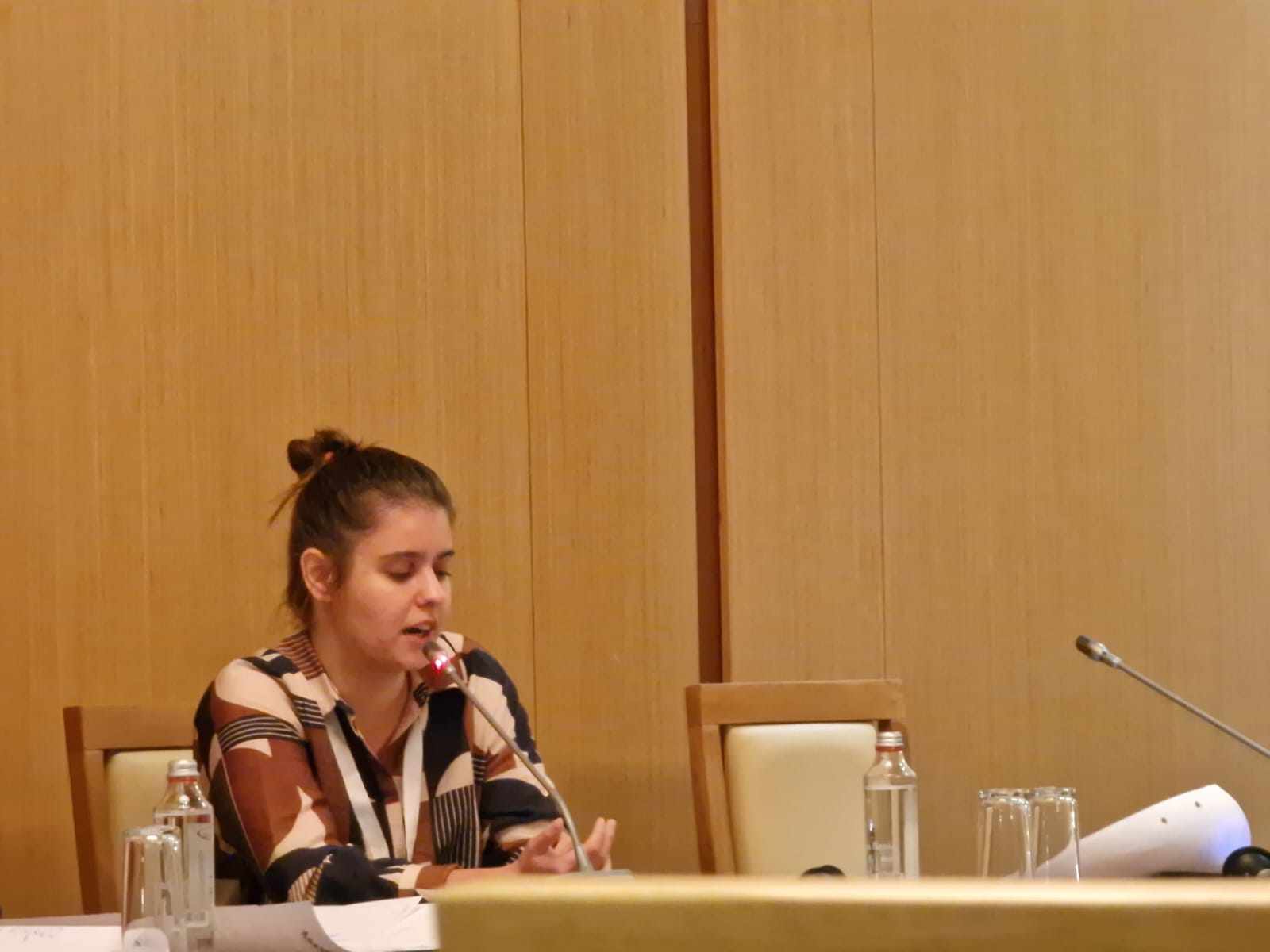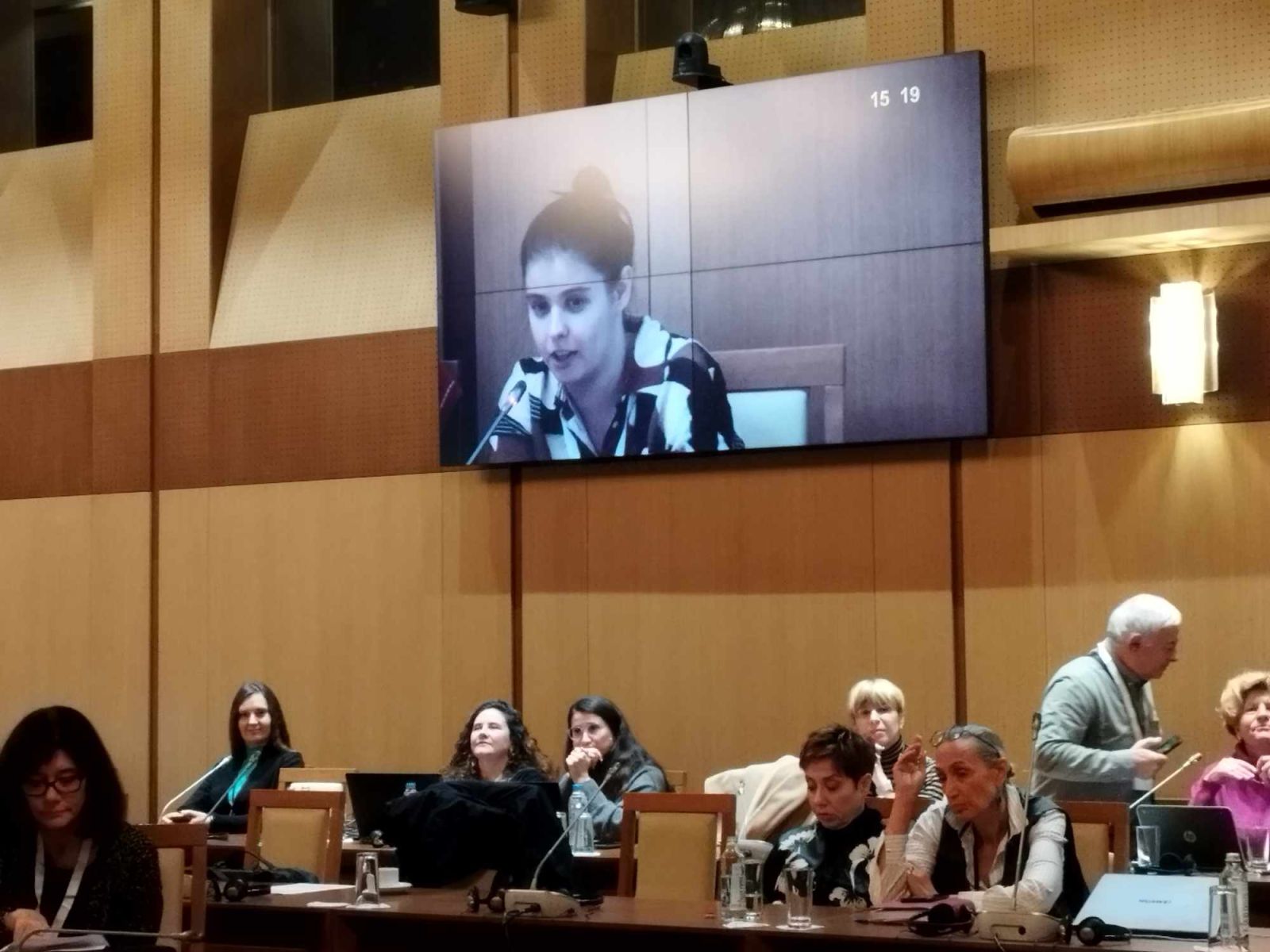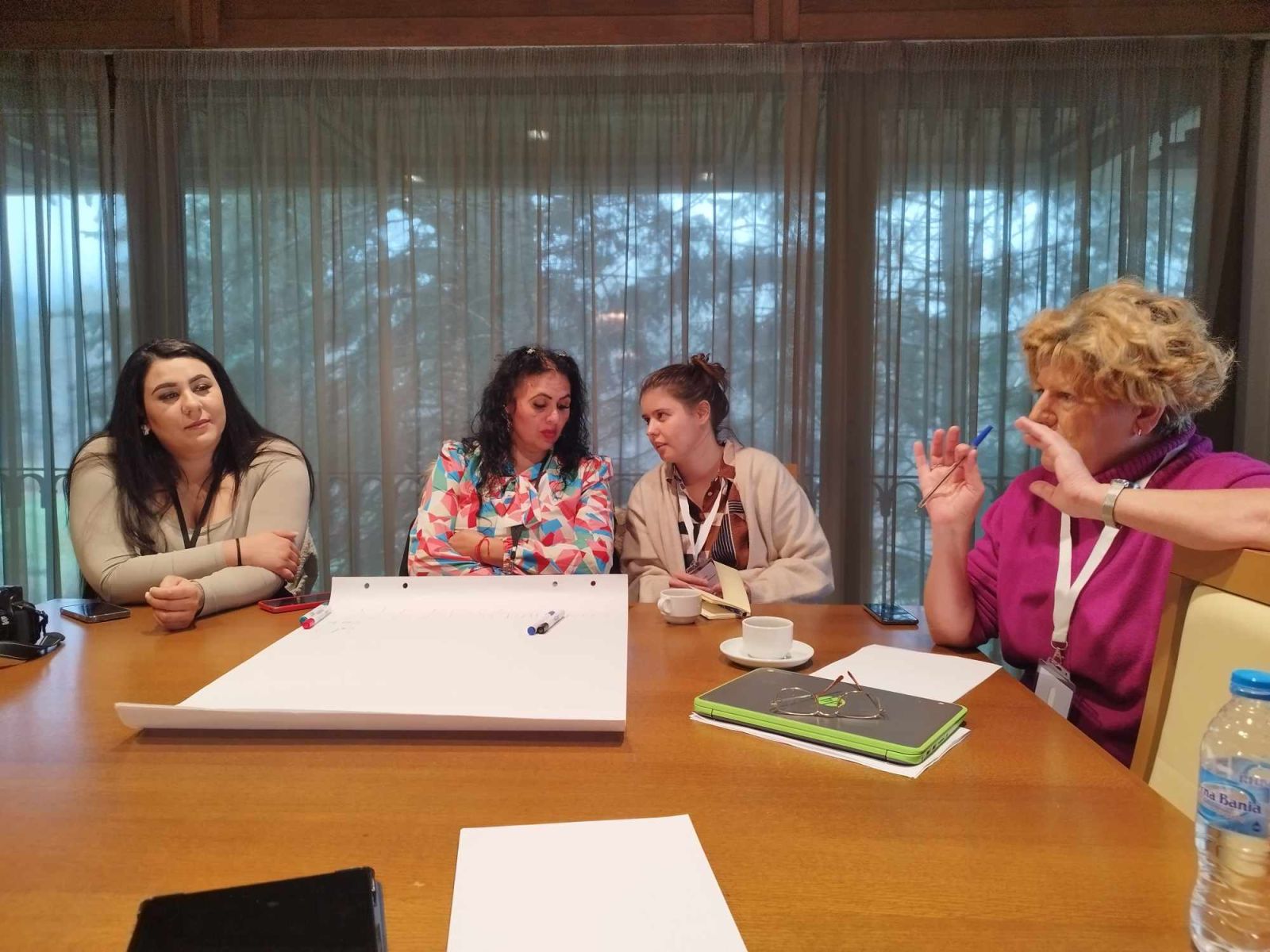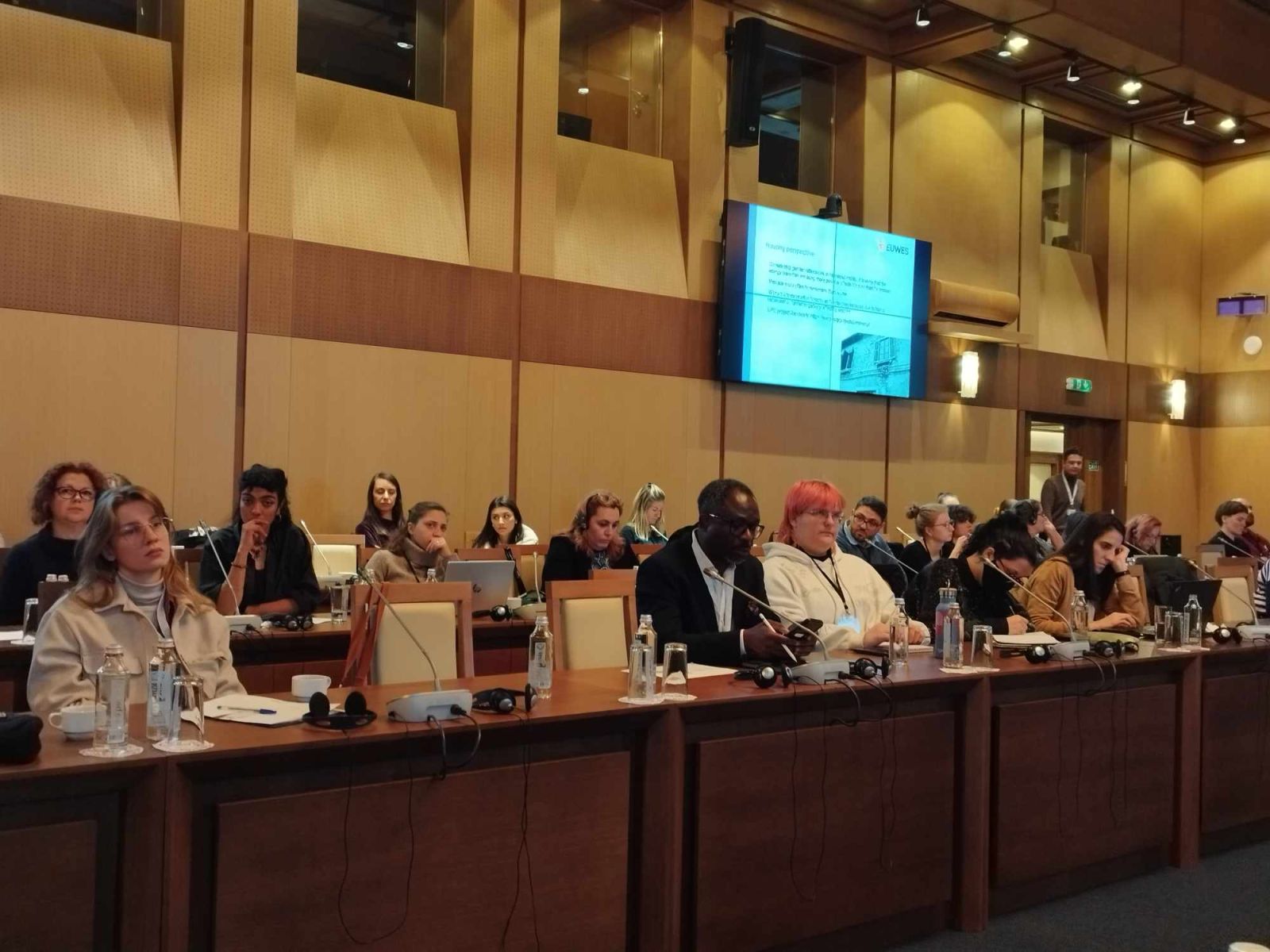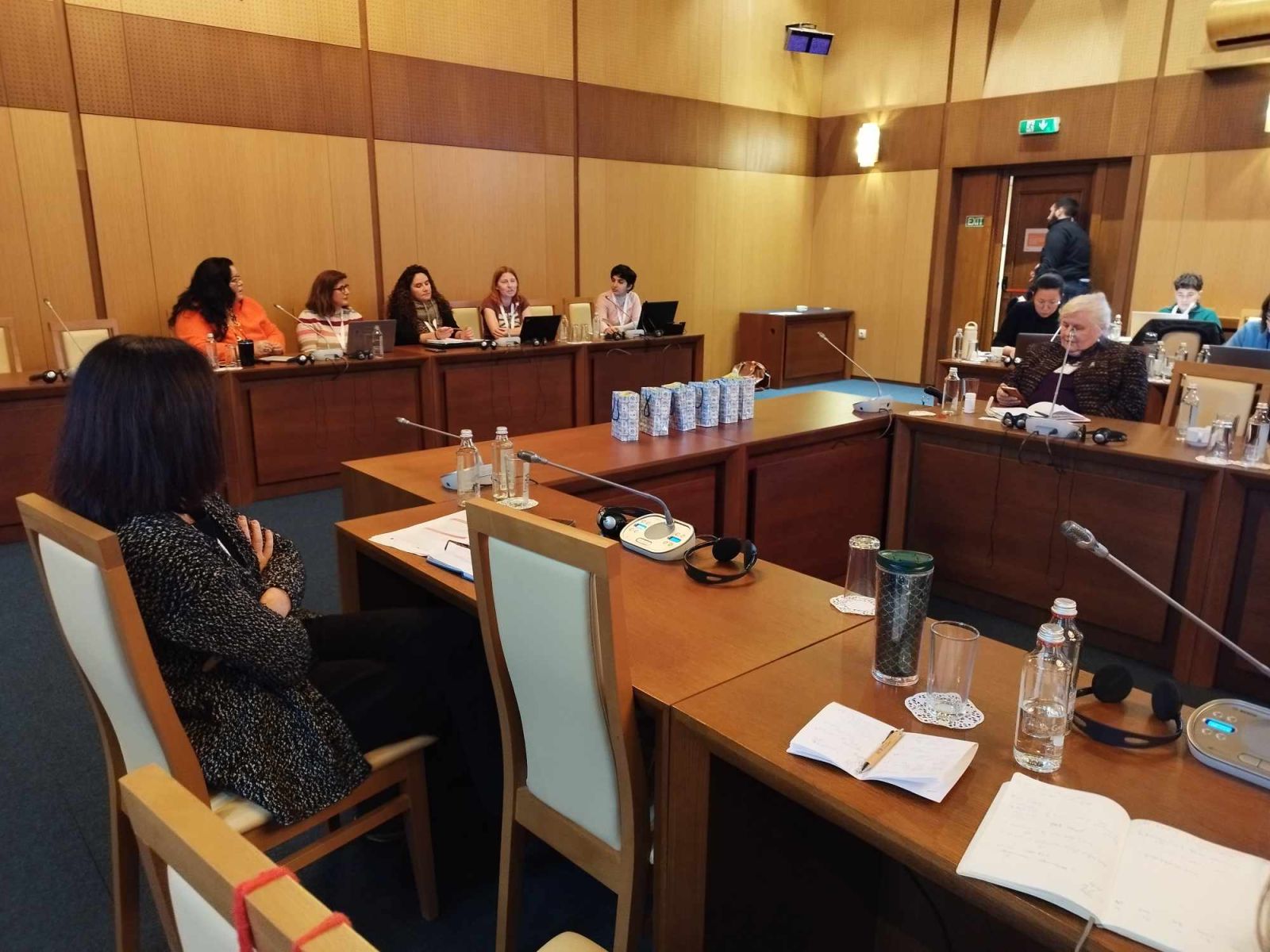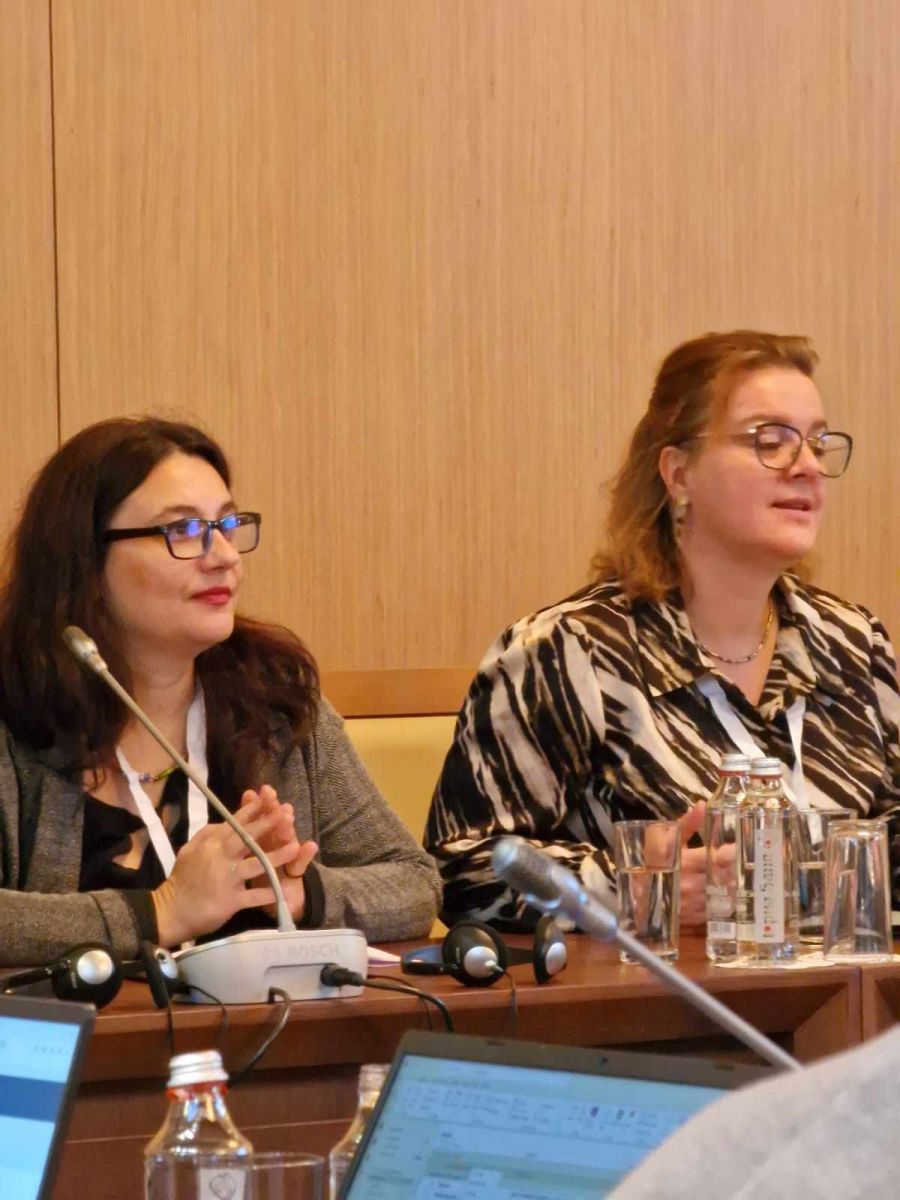
Ana Stojilovska, Research Fellow and Sára Szabó, Project Assistant participated in the WISE Pan-European Conference which took place on the 6th of December 2024 in Sofia, Bulgaria. This event was the first conference to gather over 100 experts, policymakers, and activists from over 15 countries on the topic of gender and energy poverty in Europe. The WISE Pan-European Conference is part of the WISE project supported by the European Union and the European Climate Foundation.
The conference aimed to confront the critical and often neglected issue of energy vulnerability among single women in Europe. As a demographic disproportionately affected by energy poverty—being three to four times more likely than the general population to face such hardships—single women were placed at the heart of the discussions. The conference emphasized that ensuring access to clean, affordable energy is not only a matter of social justice but a basic human right that must be integrated into Europe's just energy transition. One of the key themes explored was the intersection of energy vulnerability with broader social issues, such as housing quality, thermal comfort, and access to energy-efficient technologies. For example, elderly women living alone often struggle to manage household energy due to unfamiliarity with modern appliances, while migrant women may lack control over energy use in rented accommodations.
Another focus was on policy action, and therefore participants explored how national and EU-level directives could be leveraged to prioritize these groups within broader energy transition frameworks. Concrete steps included establishing local and national action plans, strengthening EU-wide collaboration, and integrating the lived experiences of single women into policy and practice. The WISE Conference underscored the urgent need for solidarity and innovative approaches to ensure that no woman is left behind in Europe’s energy transition.
Ana Stojilovska presented the results of the Hungarian WISE Collective and she emphasized that in the Hungarian context energy poverty is traditionally linked to housing, and it disproportionately affects large families with children earning less than 60% of the median income. Energy and climate policies can exacerbate energy poverty in Hungary, as seen in changes to utility cost reduction programs during the energy crisis, which led to increased energy prices. Family policies also negatively impact women, particularly mothers, by fostering dependency on male partners.
Sára Szabó presented the results of Workshop 5 focused on migrants and marginalized communities in energy poverty. Some of the key observations included the aspects of challenging legal status and lack of language skills of migrants and refugees which is a disadvantage in accessing housing and the job market. In rural areas, communities could face issues with accessing electricity, and support adequate to their low-income status. The workshop participants highlighted the need for accessible public spaces and fighting racism, homophobia, and other forms of hostile environments as systematic approaches.
